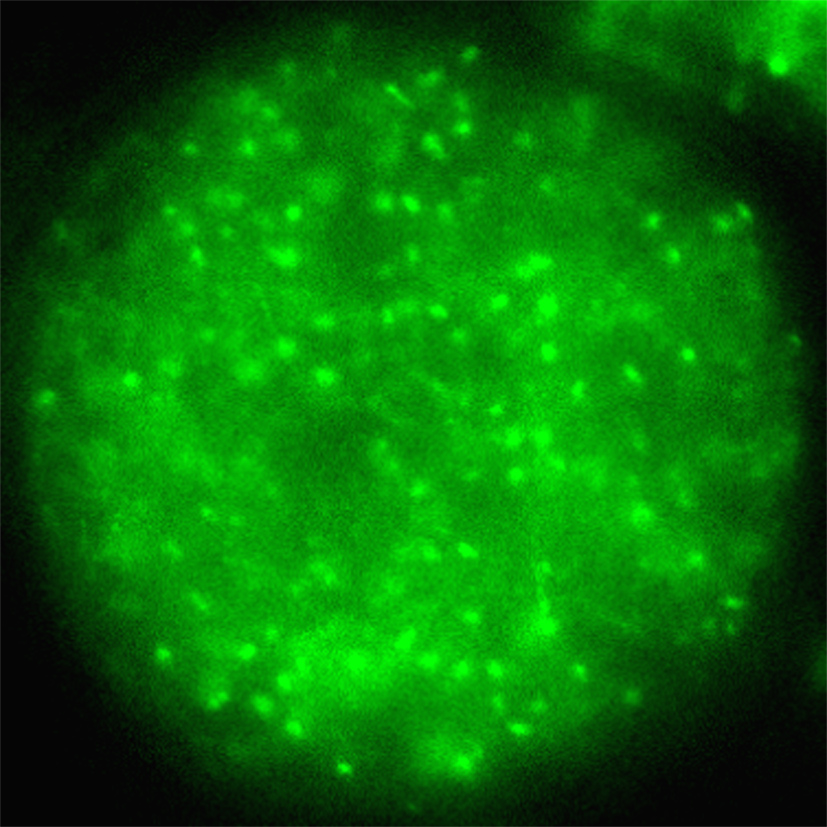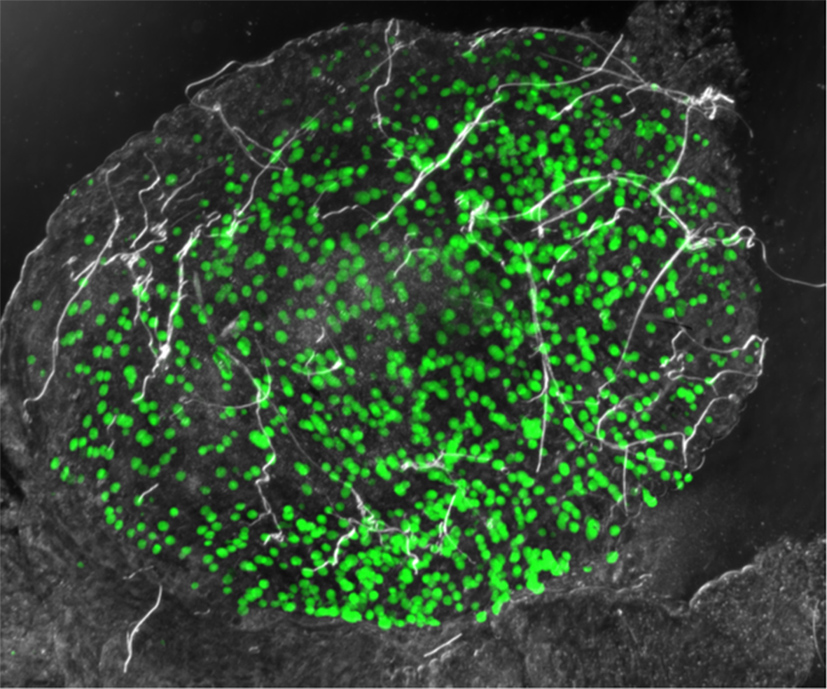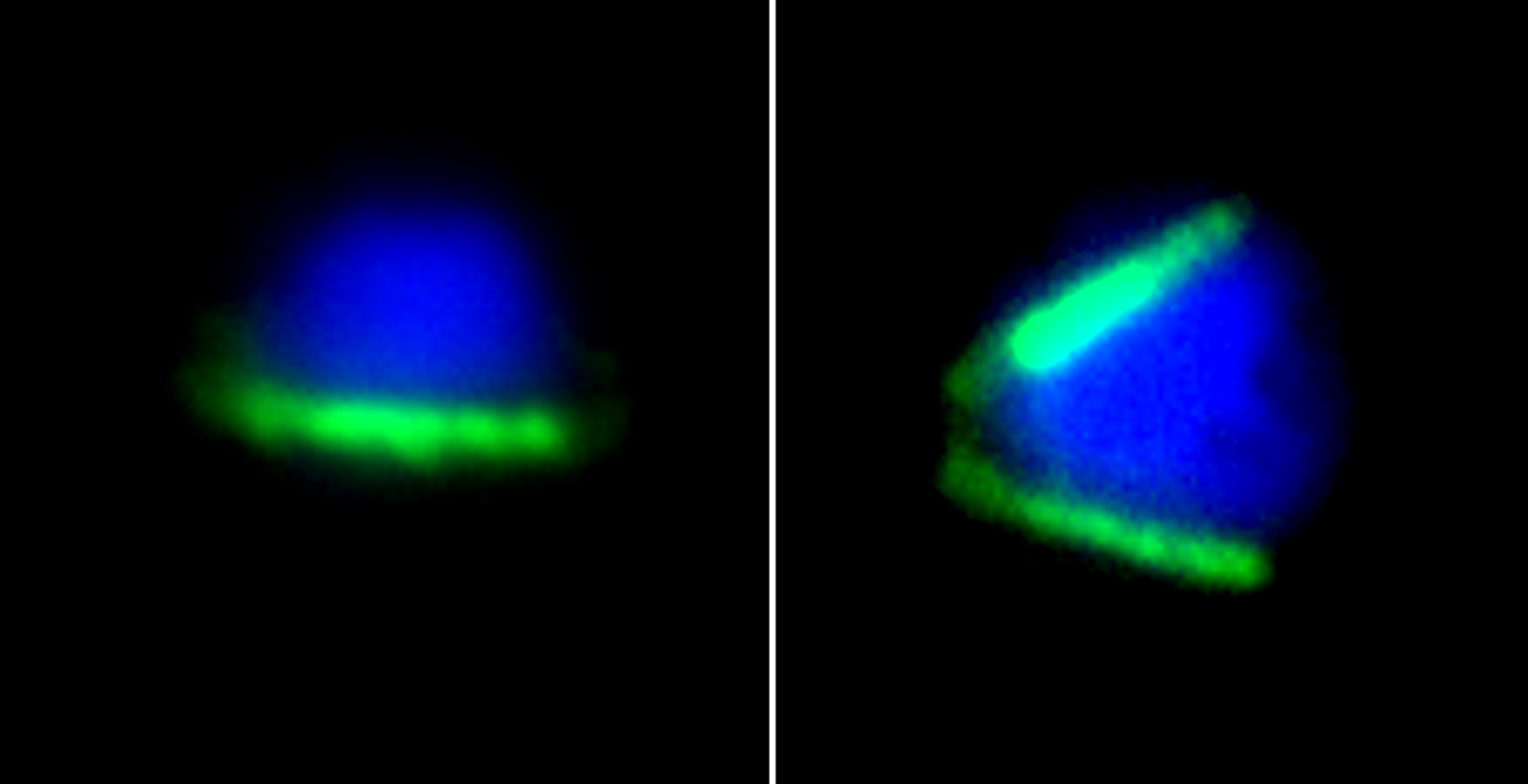Friday, 11 October 2019
Scientists have made a major breakthrough in understanding how malaria, one of the world’s deadliest infectious diseases, is transmitted from mosquitoes to humans, which could be an important step in eradicating the disease.
The research, led by Rita Tewari, Professor of Parasite Cell Biology in the University of Nottingham’s School of Life Sciences and published in the scientific journal PLOS Pathogens, has shown for the first time in the mosquito, the importance of the motor protein (kinesin) that drives cell division, and thus controls parasite multiplication and transmission to humans.
This could pave the way to preventing the malaria parasite being transmitted.
Malaria is one of the world’s biggest killers and is responsible for almost half a million deaths a year, mainly in tropical developing countries. The disease is caused by the parasite Plasmodium and is spread through the bite of an infected mosquito.
Kinesins are molecular motor proteins with various functions like transport, movement and cell multiplication. This latest research focuses for the first time on the role of kinesin-8X, which has been identified as the motor that drives malaria parasite cell multiplication, and in turn, transmission of the disease.
The experts were able to ‘tag’ the protein to see when it was present and to identify its function during the parasite’s lifecycle. It features in a number of stages of parasite development, mostly when the parasite has to multiply. This makes kinesin-8X an important target for controlling the disease, as if the cell doesn’t multiply, the parasite won’t spread.
 Plasmodium inside the mosquito
Plasmodium inside the mosquito
Professor Tewari said: “We are trying to understand how the unique malaria parasite cell works, both in its multiplication and in transmission between humans and mosquitoes, and this study is an important step towards that understanding.
“One mosquito can bite and affect so many people in tropical areas. The disease is not airborne, it is mosquito-borne, so working out how to prevent parasite transmission by the mosquitoes is so important for eradication of the disease.”
 Mosquito gut loaded with Plasmodium
Mosquito gut loaded with Plasmodium
Dr Zeeshan, who is the first author of the paper, said: “This is the first functional analysis of a kinesin in the malaria parasite and its role in parasite multiplication and transmission. The parasite has many stages of multiplication, some are in the human body and some are in the mosquito, and these are called the transmission stages. This particular protein is present in the transmission stages. We tagged this protein to see where it appeared, which was at the point when the parasite makes a spindle – similar to laying down a road or track – to separate its chromosomes after they have been copied. This is essential for the cell to divide and multiply.
“When we took kinesin-8X away, at the stage where the cell has to divide many times, it stopped multiplying completely – preventing transmission from the mosquito. This finding is very important as it is the first time in the field of molecular motors where we show that if the motor is not there, then the parasite cannot be transmitted from the mosquito to the human.
“These molecular motors have an important role in the mosquito stages, so if they are blocked, transmission of the disease can be blocked.”
 Kinesin-8X on track
Kinesin-8X on track
The research work was a collaborative effort with scientists at Birkbeck College, London, The Francis Crick Institute, London and colleagues from Oxford Brookes University, UK; UC Riverside, California, USA; KAUST, Saudi Arabia and Berne, Switzerland. The work was funded by BBSRC, MRC, CRUK, Wellcome Trust , CRG-KAUST, NIH and NIAID.
The team has also recently published in the journal - Life Science Alliance, on another kinesin8 that is required for parasite flagella formation, and in the journal - Cellular Microbiology, on a different molecular motor called myosins.
Myosins are essential for parasite gliding and invasion when the parasite moves into the host cell.
Of the six myosins present in the malaria parasite, three of them are only present in the parasite and not the human. The further papers can be found here and here.
Story credits
More information is available from Dr Rita Tewari on +44 (0)115 823 0362 or at rita.tewari@nottingham.ac.uk
Notes to editors:
About the University of Nottingham
Ranked 24 in Europe and 15th in the UK by the QS World University Rankings: Europe 2024, the University of Nottingham is a founding member of Russell Group of research-intensive universities. Studying at the University of Nottingham is a life-changing experience, and we pride ourselves on unlocking the potential of our students. We have a pioneering spirit, expressed in the vision of our founder Sir Jesse Boot, which has seen us lead the way in establishing campuses in China and Malaysia - part of a globally connected network of education, research and industrial engagement.
Nottingham was crowned Sports University of the Year by The Times and Sunday Times Good University Guide 2024 – the third time it has been given the honour since 2018 – and by the Daily Mail University Guide 2024.
The university is among the best universities in the UK for the strength of our research, positioned seventh for research power in the UK according to REF 2021. The birthplace of discoveries such as MRI and ibuprofen, our innovations transform lives and tackle global problems such as sustainable food supplies, ending modern slavery, developing greener transport, and reducing reliance on fossil fuels.
The university is a major employer and industry partner - locally and globally - and our graduates are the third most targeted by the UK's top employers, according to The Graduate Market in 2024 report by High Fliers Research.
We lead the Universities for Nottingham initiative, in partnership with Nottingham Trent University, a pioneering collaboration between the city’s two world-class institutions to improve levels of prosperity, opportunity, sustainability, health and wellbeing for residents in the city and region we are proud to call home.
More news…